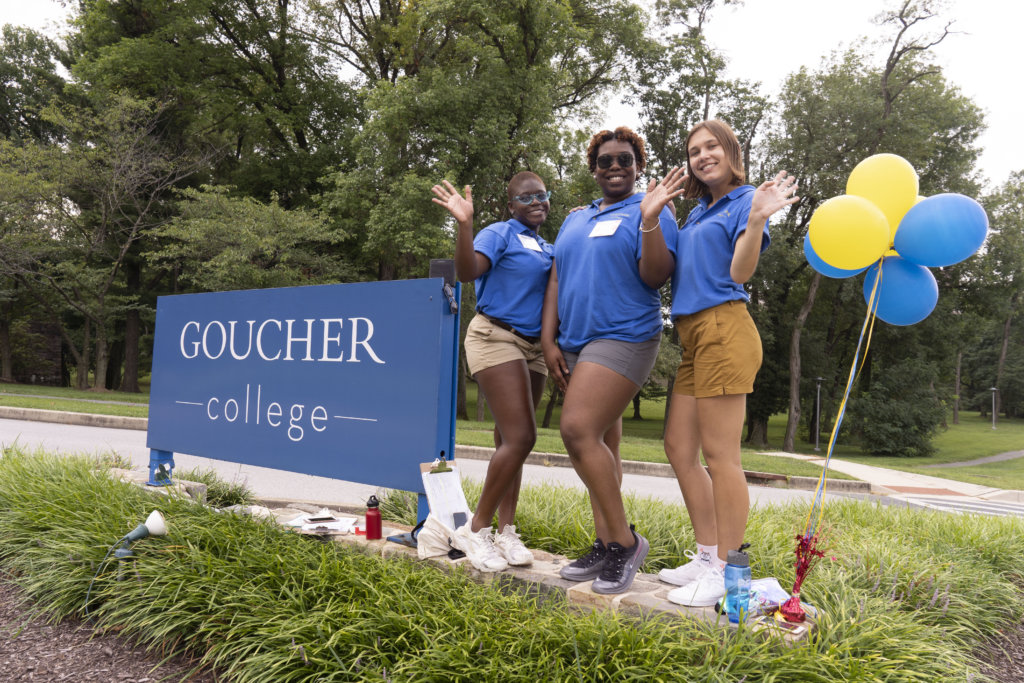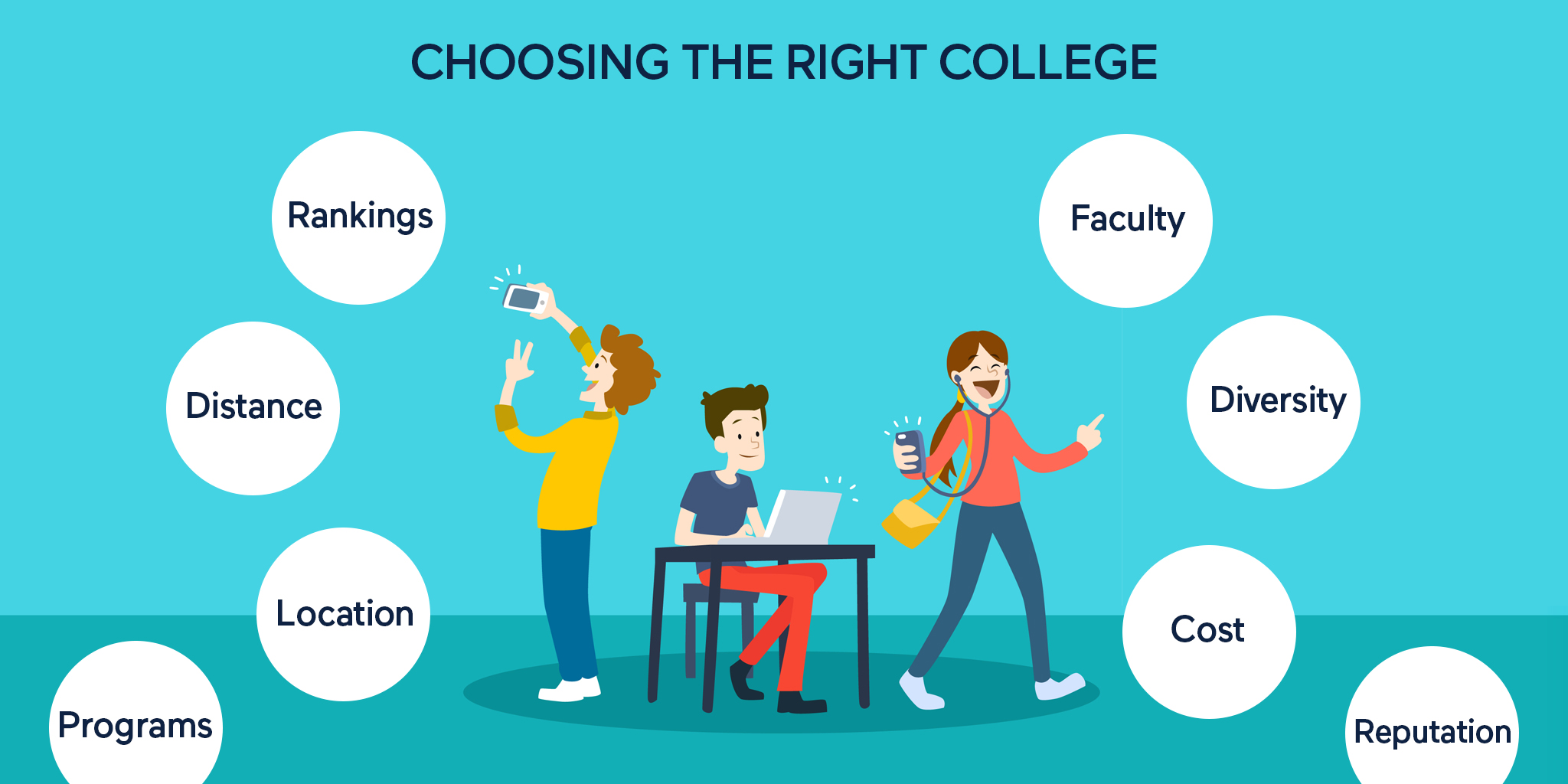Mass. colleges fall short of goal to expand minority contracting
Up-to-date June 7 at 3:39 p.m.
Terryl Calloway operates a little, Black-owned graphics and printing firm on Newbury Road in the heart of Boston — a shorter distance from about a dozen schools, which includes Boston University, Simmons University and Emerson Faculty.
“We print anything at all from company cards, fliers, banners, signs — anything at all print,” he said on a latest morning when handing out flyers on the sidewalk.
Nevertheless his small business is surrounded by schools, Calloway suggests it’s challenging to prepare contract get the job done with them. “Colleges have been fairly difficult. I get in touch with it ‘the fantastic old boy process.’ It’s the simple way out,” he reported.
The murder of George Floyd prodded schools in Massachusetts to pledge to enhance minority contracting, in holding with the longtime assertion that range is a person of their main values. In the two many years considering that then, colleges’ progress in performing extra enterprise with firms like Calloway’s seems to be neglible, based on the restricted info regional schools furnished about their obtaining.
Meredith Nierman / GBH News
In 2020, a GBH Information evaluation uncovered out of almost 700 energetic contracts awarded by a massive school acquiring consortium in Massachusetts, only 14 — or 2{4d1962118177784b99a3354f70d01b62c0ba82c6c697976a768b451038a0f9ce}— went to minority-owned firms accredited by the condition. Two a long time afterwards, even with a general public commitment to raise supplier variety expressed by a lot of schools, there is continue to no community proof of any significant alter.
A spokesperson and the president of the Massachusetts Greater Instruction Consortium did not answer to our requests for remark. Its redesigned site, even though, claims to assistance schools assistance minority enterprises. “Seeking to help minority business enterprises?” a person banner asks. “Our contracts have you covered.”
“I have not checked in with the consortium, but I can convey to you that there is a dedication by our presidents to improve the total of paying out that is directed towards minority-owned firms,” stated Rob McCarron, president of the Association of Impartial Schools and Universities of Massachusetts. A lot of of its 61 institutional users belong to the acquiring co-op.
“The concentrate about the final two yrs has been responding to the COVID pandemic,” McCarron reported, referring to the state’s private colleges. The consortium’s nonprofit associates, which include the GBH Academic Foundation, do not make all their purchases through that entity.
UMass, the flagship general public university process, experienced pledged to support lead a statewide effort to diversify its small business associates. Two yrs later, its paying out with minority-owned firms has edged up from 2.3{4d1962118177784b99a3354f70d01b62c0ba82c6c697976a768b451038a0f9ce} to 3.4{4d1962118177784b99a3354f70d01b62c0ba82c6c697976a768b451038a0f9ce} of the whole.
“Institutionalizing partnerships with corporations that represent a broader array of proprietors is a priority of UMass. We are creating development, but we’re not satisfied,” mentioned David Cho, chief procurement officer at UMass. “We are optimistic, nonetheless, that the variety of our suppliers will keep on to enhance as we rebound from the pandemic, arrive at out to probable vendors, and motivate them to contend for UMass business.”
Meredith Nierman / GBH News
In American better education, provider diversity seems to even now be much more of an aspiration than a reality. Nationwide, the sector spends much more than $632 billion each and every 12 months.
“Most of that income is going to the big corporations,” said policy researcher Youngbok Ryu, who teaches at Northeastern Universtiy.
Ryu co-authored a report introduced before this year that finds massive sellers account for most university bills, including for building, foods assistance and lawful operate. But various corporations are inclined to be smaller, with 58{4d1962118177784b99a3354f70d01b62c0ba82c6c697976a768b451038a0f9ce} of the 359 Ryu’s investigation group surveyed owning ten or less workers. Not a lot of of people businesses are devoted to trying to find new higher education contracts.
“Most of them outlined that there is a enormous barrier to entry to better education, the procurement market,” he said. “And then universities are picky in terms of the selecting of the suppliers. They like massive, responsible and more capable firms.”
To enable adjust that desire, Northeastern University just lately hosted an event concentrated on supplier diversity. Additional than 150 little business entrepreneurs and procurement experts watched the panel discussion on-line.
“If 1 additional firm tells me they won’t be able to obtain minority firms, I’m likely to scream,” Karen Wallace, who heads internet marketing with Involved Industries of Massachusetts, told the virtual room.
Prior to the celebration, Wallace stated college leaders need to be much more proactive in creating relationships in their communities and delivering fiscal incentives to procurement officers.
“You must fork out folks to do this,” she advised GBH Information. “If we carry on with the devote in the way that we have been accomplishing it, it would acquire 333 yrs for us to close the racial prosperity gap and if some of our businesses out there were being to boost their commit by about 5 occasions with minority firms, it would shrink to 15 several years.”
“If a single more enterprise tells me they cannot discover minority firms, I’m likely to scream.”
Karen Wallace, head of advertising at Involved Industries of Massachusetts
Some universities like Babson School are not ready. The compact small business college in Wellesley just lately hired its very first director of vendor variety, Jerry Epps.
“It truly is a gradual process,” Epps admitted. “When I joined Babson, I mentioned that it would take a single to 3 years to absolutely build the application.”
Epps had labored for four a long time at Boston’s Kid’s Clinic, overseeing substantial-volume acquiring and negotiations of capital machines and items.
“In better schooling, it can be a minimal little bit behind the 8 ball than it is in wellbeing care,” Epps noticed. “It’s not about just wanting at a listing and buying the provider. It’s about going out there and cultivating relationships with these assorted suppliers. You’ve received to have a point of get in touch with and by acquiring that relationship with the suppliers, you achieve belief.”
Attaining that believe in is crucial to closing the racial hole, claims Nicole Obi, president and CEO of the Black Financial Council of Massachusetts, which is previously doing work with cities and cities to diversify their procurement and states it will launch a greater schooling software afterwards this calendar year.
“There is some authentic and honest curiosity in producing progress on this front,” she mentioned. “The issue is that [colleges] are not addressing the suitable issues.”
“They can shift the needle by not concentrating on race, but they can concentrate on the dimension of the organizations,” explained Obi, a serial entrepreneur. “We know that the greater part of Massachusetts Black-owned organizations are micro in dimension, this means they make less than $1,000,000 a yr in annual earnings.”
Although schools are nevertheless performing close to the edges to partner with those people providers, Terryl Calloway claims he’s noticed a few far more universities achieving out for his companies from his printing small business on Newbury Street.
“Since Black Life Subject, it has mattered — who you give your small business to and how you do your company, does make any difference,” he said.
This spring, he landed a compact deal with nearby Northeastern to print banners for alumni weekend. “A classic instance of how option fulfills a require,” he reported, smiling.
Correction: A former edition of this post mistranscribed a quotation from Jerry Epps. That has been corrected.



